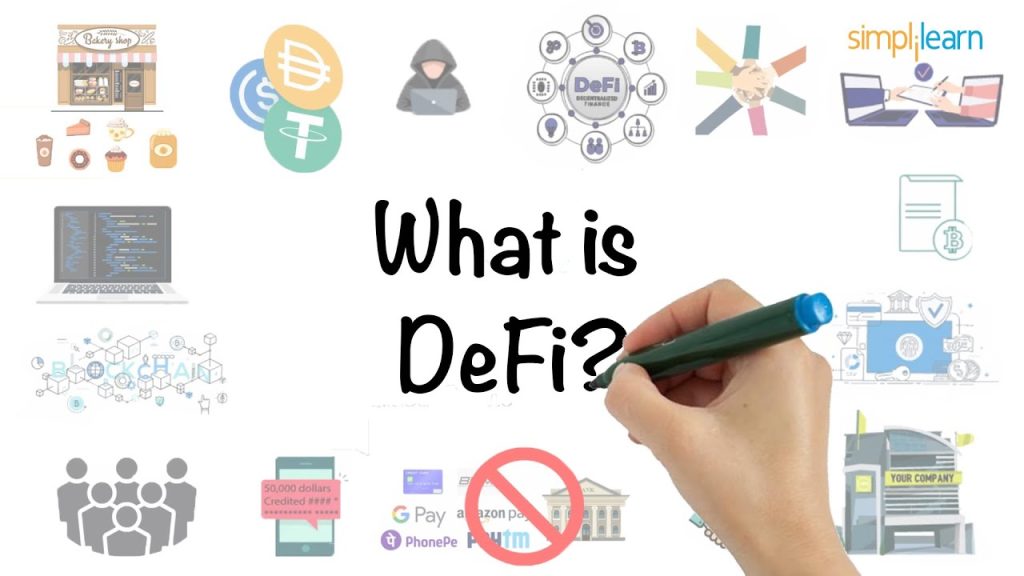
DeFi, short for Decentralised Finance, is a term used to describe a variety of financial applications in cryptocurrency or blockchain geared towards disrupting traditional financial intermediaries. DeFi aims to offer financial services that are open, accessible, and interoperable without the need for a central authority or middleman.
Decentralised Finance Tutorial For Beginners
If you’re new to DeFi, it can be overwhelming to understand the ins and outs of this emerging technology. In this tutorial, we will break down the basics of DeFi and explain how you can get started with decentralised finance.
What Makes DeFi Different?
Unlike traditional financial services that rely on banks or other intermediaries to facilitate transactions, DeFi operates on blockchain technology, allowing users to interact directly with smart contracts. This eliminates the need for costly fees, delays, and potential censorship associated with traditional finance.
Key Concepts in DeFi
- Smart Contracts: Self-executing contracts with the terms of the agreement directly written into lines of code.
- Liquidity Pools: Pools of tokens locked in a smart contract to facilitate trading without relying on an exchange.
- Decentralised Exchanges: Platforms that allow users to trade cryptocurrencies directly with each other without the need for a central authority.
- Staking: Process of locking up cryptocurrency to support the network’s operations and earn rewards.
Getting Started with DeFi
To start using DeFi, you’ll need a cryptocurrency wallet and some crypto assets. You can then connect your wallet to a DeFi platform, such as Uniswap or Compound, and start exploring the various financial services offered.
Decentralised Finance | Simplilearn
Simplilearn offers a range of courses on blockchain and cryptocurrency, including DeFi. Whether you’re a beginner looking to understand the fundamentals or an experienced professional looking to upskill, Simplilearn has a course for you. Enroll today and take your first step into the world of decentralised finance!






